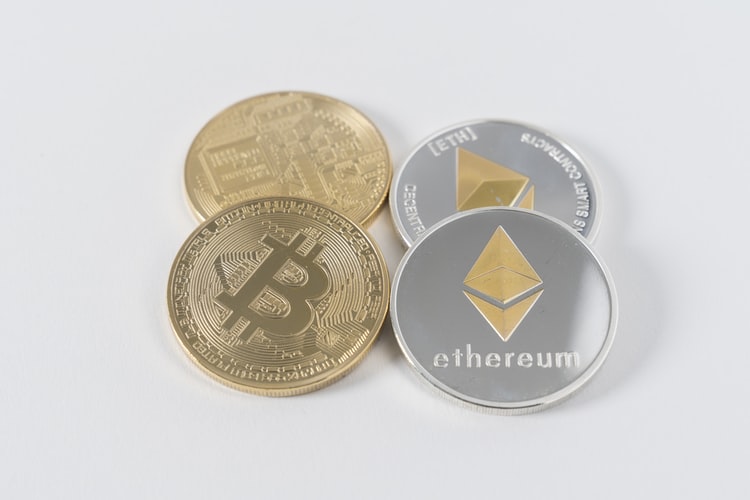Only a few years ago, people were skeptical about cryptocurrencies. Nowadays, blockchain technology is a leading investment direction and profit source. Hardly someone can be found on the planet who hasn’t heard about Bitcoin or Ethereum.
However, there is still a stereotype about the digital currency market. Few people are involved in it since most people think it’s a complicated and risky industry. Yes, the likelihood of losing all your money is high if you are completely ignorant about digital currencies.
To avoid such an unpleasant situation and, on the contrary, start investing in cryptocurrencies and making money, you should educate yourself about the market. So start your journey by picking a good crypto exchange. This guide will teach you how to identify a reliable digital currency exchange and make safe transactions.
What is Cryptocurrency Exchange?
Cryptocurrency exchanges are digital platforms where people can sell the currency they have or purchase another one. For example, on such platforms, you can convert BNB to MATIC. Moreover, besides crypto, your exchange destination can also be fiat currency, e.g., by giving BNB, you can receive US dollars. After performing currency exchange on the platform, you can either keep the money in your cryptocurrency wallet or transfer funds to your bank account.
How to Choose a Reliable Crypto Exchange?
Unfortunately, the availability of hundreds of crypto exchanges makes it difficult to choose a good one. Investors worry about the security of their funds and don’t want to meet scammers. Here are a few criteria that will help you identify a reliable instant crypto exchange.
1. Pay Attention to Security Procedures
One of the reasons investors become victims of scammers is that they don’t spend enough time verifying the platforms’ authenticity. First of all, you should check each platform’s Terms and Conditions and Privacy Policy sections to ensure that a legitimate company manages the website. But don’t entirely trust this information. Always make sure to check the exchange’s reputation on the internet. Finally, read customer reviews and feedback to learn what users think about the platform.
2. Availability of Multiple Payment Methods Matter
Crypto exchanges accept payments via credit cards, PayPal, and digital wallets. Most platforms also allow purchasing crypto by paying via other digital currencies. The exchange must accept payments via credit card or PayPal for beginner traders to acquire their first coins.
3. Large Variety of Supported Currencies
Almost all exchange platforms convert famous currencies like Bitcoin and Ethereum. However, few people know that there are thousands of digital currencies. Unfortunately, exchanges don’t support all of them. Hence, investors should choose a relatively popular cryptocurrency, on the one hand, and a platform that supports transactions to and from this currency.
4. Transparent Transaction Fees
Before choosing a crypto exchange platform, make sure that it has a transparent transaction fee policy. Unfortunately, some exchanges have hidden fees that investors notice after making several transactions.
Final Thoughts
Cryptocurrencies are good sources of income if you succeed in choosing a reliable exchange platform. Several criteria can help you with this task. First, make sure that the platform’s operation is legitimate. It should also support several currencies, payment methods and have a transparent transaction policy.
Read Also:
- The Profit Revolution: The Best Bitcoin Trading And Investing Platform
- How to Buy Bitcoin From Norway
- How To Become A Successful Cryptocurrency Trader In 5 Easy Steps



























